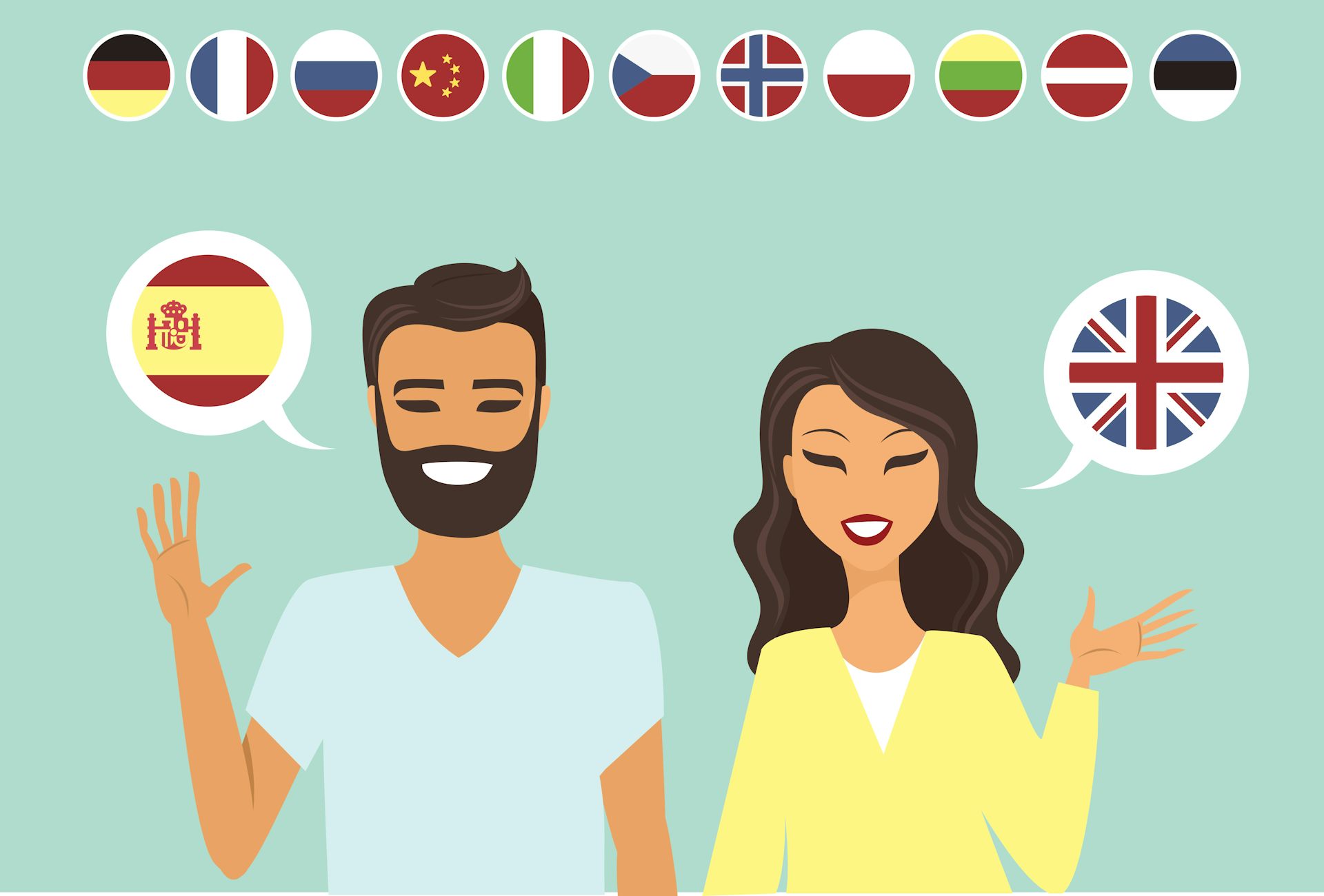

Here are just a few of their most fascinating studies. Scientists and researchers have studied the benefits of raising bilingual children for decades.

More science-backed benefits of teaching kids a second language Bilingualism gives kids a broader perspective of the world. Still not convinced? Let’s check out some additional studies proving the benefits of raising bilingual children! The benefits of being bilingual go beyond the ability to communicate in another language. The results, Kuhl said, have the potential to transform how early language instruction is approached in the United States and worldwide. Their brains will never be better at learning a second language than they are between 0 and 3 years of age,” said Patricia Kuhl, UW professor of speech and hearing sciences.

“Science indicates that babies’ brains are the best learning machines ever created and that infants’ learning is time-sensitive.

“This has big implications for how we think about foreign-language learning.” “With the right science-based approach that combines the features known to grow children’s language, it is possible to give very young children the opportunity to start learning a second language, with only one hour of play per day in an early education setting,” she said. Naja Ferjan Ramirez investigated how babies could learn a second language outside of the home. What about homes where only one language is spoken? This study also showed that even babies from monolingual homes can develop bilingual abilities at a very early age. This suggests that bilingualism shapes not only language development, but also cognitive development more generally. To have another language is to possess a second soul. What this means, according to the experts, is that because executive function is essentially the brain’s control room, from which it organizes the rest of the brain, children who have a more developed “executive function” have better learning capabilities, and problem-solving, memory, and other skills. Researchers found that the area of the brain responsible for what is known as “executive function” was more developed among babies in a bilingual home than in one with just one language. The latest study by researchers from the University of Washington in Seattle found that development actually starts by the time babies are 11 months old and are getting ready to say their first word. Study Shows Raising Bilingual Children Will Make Them Smarter This is very important in our family not only because of the benefits of bilingualism, but because we want our kids to be proud of their roots. We know that our kids will learn English at school and with their friends no matter what. And this benefit starts when they are babies are learning their very first words.Īt home, we make an effort to speak only in Spanish. And raising bilingual children will make them smarter! The sooner you expose a baby to a second language the smarter they’ll be.ĭid you know that babies’ brains develop faster and better when exposed to more than one language?Įxperts agree that when children are exposed to more than one language, their brains develop better and faster compared to children exposed to only one. And experts agree that the earlier they start learning another language, the better. Your children can definitely learn a second language outside of the home. I always knew this was beneficial, but I was so happy to find out about this study that explains why raising bilingual children has amazing advantages.īut don’t worry if you are not a bilingual household.
#BILINGUAL CHILDREN ARE SUPERIOR TO MONOLINGUAL CHILDREN PLUS#
Check them out, plus get some tips on teaching kids a second language even if you’re living in a monolingual household.īilingualism Is Good For Child Brain Developmentīoth my husband and I are native Spanish speakers so we always “naturally” spoke to our kids in our first language. If your child is growing up speaking more than one language, you will be happy to learn about these studies showing the amazing benefits of raising bilingual children.


 0 kommentar(er)
0 kommentar(er)
